The rise in COVID-19 recovery rates has provided a ray of hope at times like this. Even though the infection continues to spread, medical experts have advised recovered patients to get vaccinated and take good care of their health. Now, with the emergence of the COVID Delta variant, it is also crucial that patients continue to monitor their health conditions and avoid the risk of additional concerns. Yes, when a person recovers from COVID-19, they need to be extra cautious for the next few days and take a few mandatory recovery tests. It is a proven fact that the COVID-19 virus can leave lingering side effects and long-lasting impacts after the viral load have depleted. It can also affect the functioning of the many vital organs of the body and hamper our immune system.
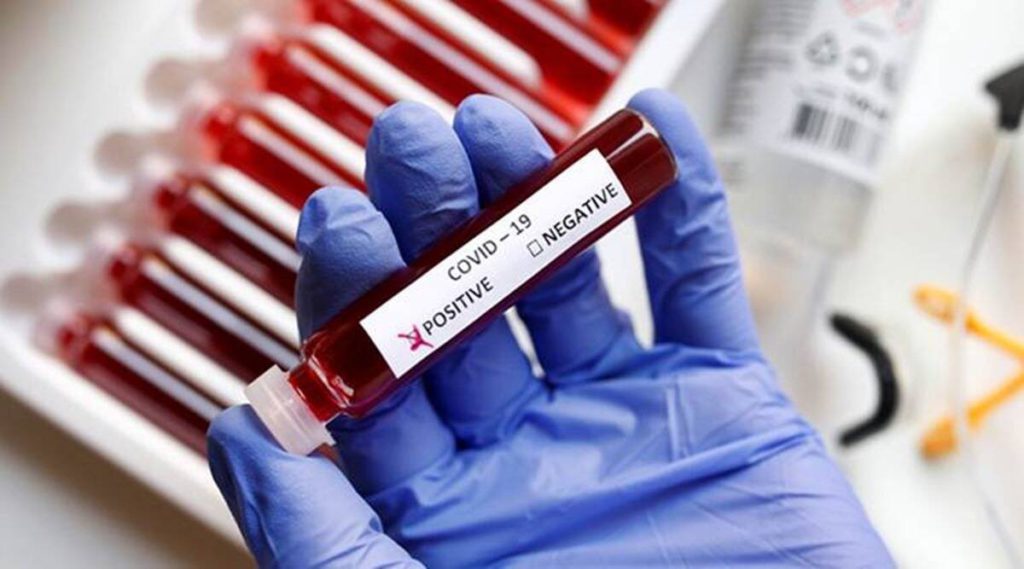
Credits @GoogleImages
MANDATORY TESTS THAT NEEDS TO BE DONE:
- igG antibody tests: Antibody testing requires a blood sample either from a vein or a finger prick. It helps in the detection of any infection in the body. These tests are done- by using lateral flow or immunoassay tests. Antibody testing helps in determining the immunoglobulin M (IgM) or immunoglobulin G (IgG) antibodies; developed in response to an infection. The igG antibody tests are conducted- after COVID infection. So, by knowing the level of antibodies, you will get an idea of how immune-protected you are and whether you are capable of donating your plasma or not. Typically, a kit takes around a week or two to develop antibodies so, wait until you have recovered from the virus. Also, make sure that you get a test done within a month of recovery, which is an ideal time for plasma donation.
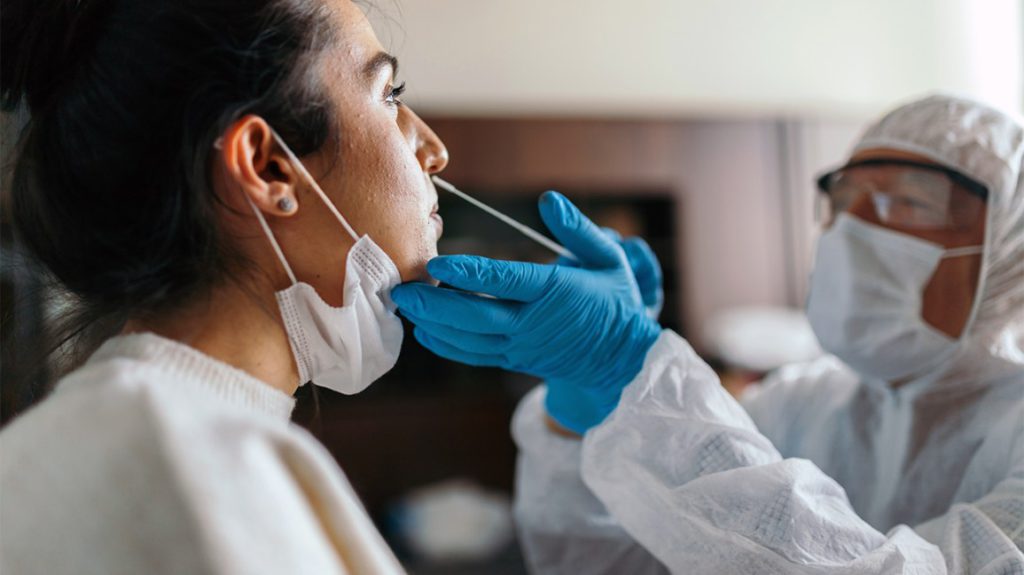
Credits@GoogleImages
2.) Complete Blood Count tests: Medical experts measure the different blood cells in the body through CBC tests. A Complete blood count (CBC) may include the measurements of chemicals and other substances in the blood. These results can give your health care provider a piece of important information about the overall health and risk of certain diseases. Through this CBC test, you will get to know how you have responded to a COVID infection. These days, CBC tests can also help detect disorders such as anemia and blood cancer.
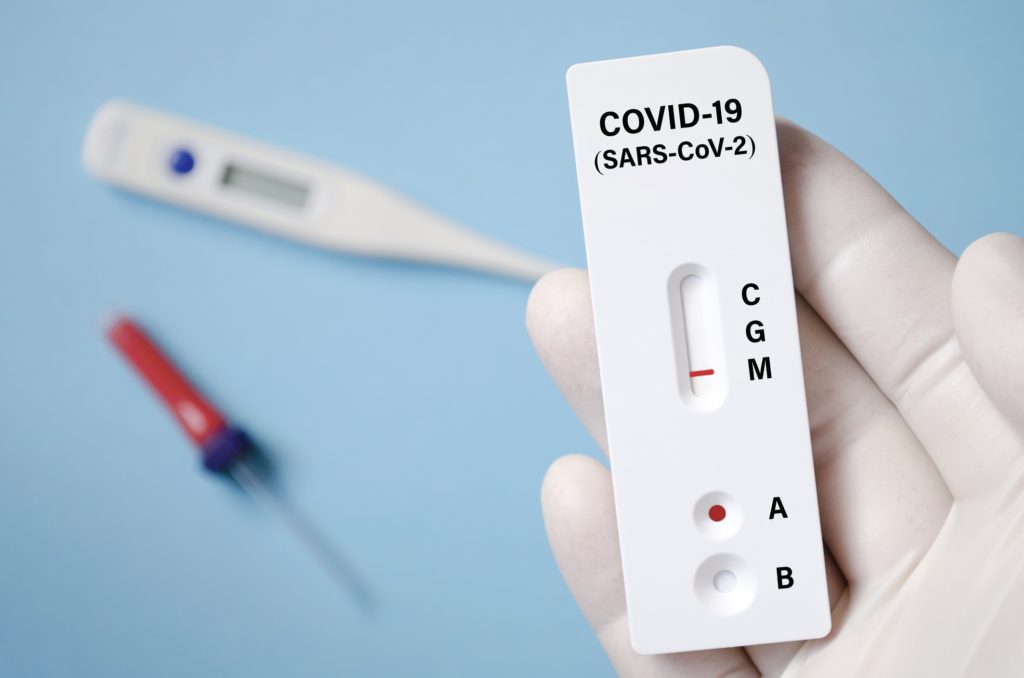
Credits@GoogleImages
3.) Glucose and cholesterol tests: COVID-19 virus can cause fluctuation in the glucose and blood pressure levels of a COVID-19 positive patient. Hence, this is also one of the major; reasons why COVID-positive patients need to keep track of their vitals in recovery. This test is also crucial to verify pre-existing conditions such as Type-1, Type-2 diabetes, and cholesterol-related complications. Also, post COVID recovery, make sure that you go for frequent checkups and keep tracking vitals now more than ever.
4.) Neuro-function tests: Months and weeks after COVID recovery, many patients report neurological and psychological problems that impact their daily functioning. The emergence of these symptoms is stressful and is one of the main reasons; medical experts conduct the brain and neurological tests weeks after recovery. It is a proven fact that women over the age of 40 are more prone to anxiety, dizziness, and tremors, and hence, they need priority tests done.
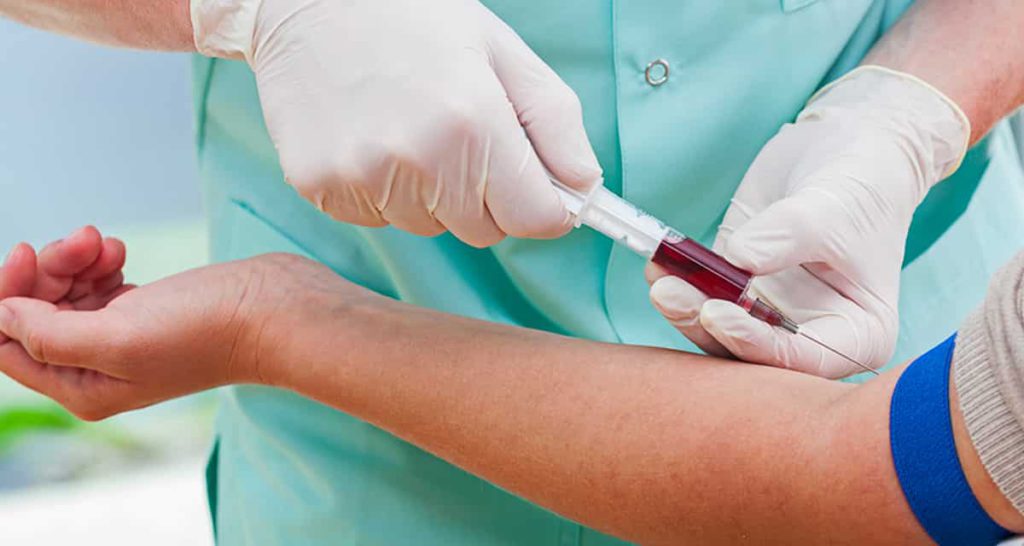
Credits@GoogleImages
5.) Chest scans: People who have been suffering from COVID-19 are complaining about lung-related issues. So, HRCT scans are known for their accuracy and in detecting disease severity. They also showcase the level of lung involvement caused by COVID-19. While medical experts say that most people’s lungs recover well after COVID, a high level of infections could leave many dependent on external oxygenation and respiratory support. So, to determine the recovery, lung infection tests and repeated CT scans are helpful and needed too. Also, you should take special precautions within 3-6 months of getting Covid infected.
6.) Vitamin D tests: Vitamin D is an essential nutrient supporting the proper flow of the immune system. Also, Vitamin D is crucial for recovery and in speeding up the recovery process. Hence, taking tests like the Vitamin-D test will give you a fair idea and help deal with any deficiency.

Credits@GoogleImages
7.) Heart imaging and cardiac screenings: The COVID-19 infection has triggered widespread inflammation in the body which, causes damage and weakening of important heart muscles. Thus, leading to complications like myocarditis, which is one of the most common post-COVID recovery problems reported in people. Getting proper imaging scans and heart tests should be mandatory for people, especially if they have suffered from a moderate or severe infection.
BUT WHY IS A POST-COVID-19 CHECKUP MANDATORY?
Our immunity fights rigorously to fight off the deadly virus. However, the COVID-19 virus can leave lingering side effects on our bodies. Thus, affecting our multiple organs and leading to organ failures. Health experts say that markers in our blood and immune system tell us to what extent our body gets affected by the virus. Hence, tests and scans are mandatory to consider if you have gone through a severe infection. With more evidence suggesting that the virus impacts our vital organs, post-op scans and tests reveal how healthy and well-recovered you get after COVID-19. Apart from health, mental well-being too plays a crucial role in post-Covid-recovery. So, there are simple ways to deal with post-Covid fatigue, which is a must to read.
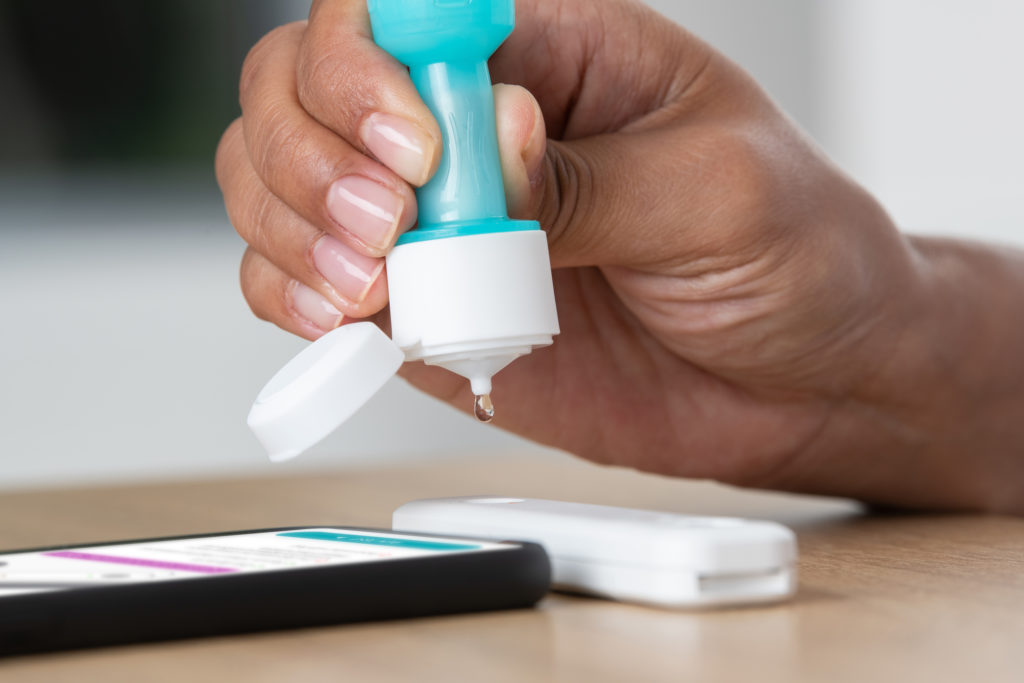
HOW TO GET THESE TESTS DONE AT HOME?
These days, the post-COVID-recovery tests are done at home by a medical expert. Once you book a comprehensive laboratory health checkup package, a medical expert comes to your home at a date selected by you to collect your blood sample. This person follows all Covid safety guidelines and takes proper sanitization methods. Once your blood sample is analyzed, the reports get mailed to you.

STAY POSITIVE, not Covid-19 Positive:
With the ongoing Covid-19 crisis, most of us are juggling so many things. But, hey, that’s perfectly fine. To boost your attitude towards improvising your day through life and work, here is a video that will cheer you up.







